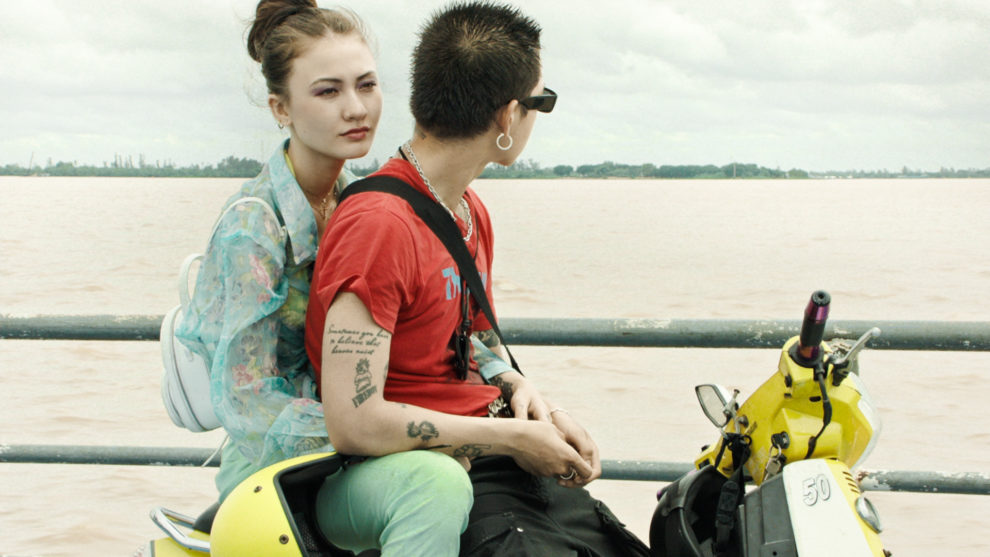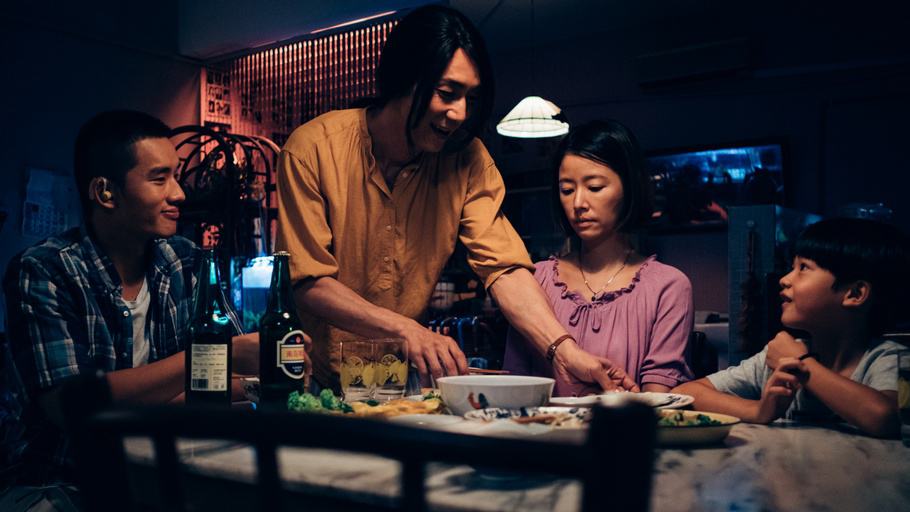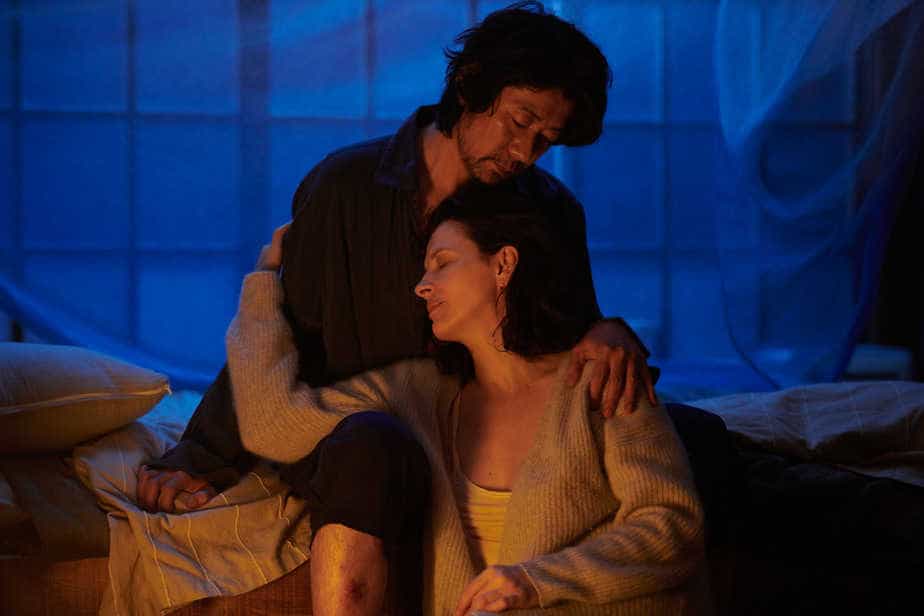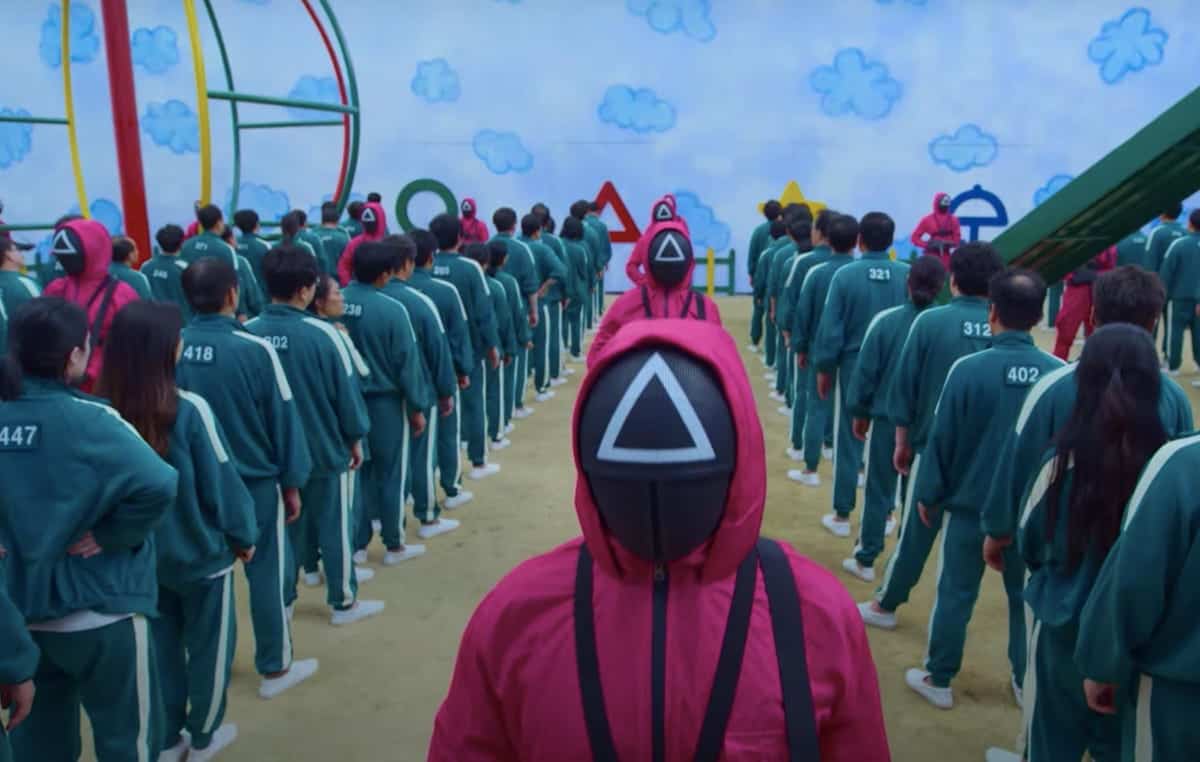While movements such as Fridays for Future and environmental organizations show us the footprint humans leave on the earth, the amount of destruction and exploitation, from the extinction of species to deforestation, it is hard to grasp just how much change the advent of humanity has brought to the planet. In his 2007 non-fictional book titled “The World Without Us” US author Alan Weisman used research and interviews with scientists and experts in order to present how the world would develop if suddenly mankind would cease to exist, at times with scary and quite revealing results and images. Using the Mekong River Delta as a starting point, the anthology “Mekong 2030” features the vignettes by Anocha Suwichakornpong, Anysay Keola, Kulikar Sotho, Pham ngoc Lan and Sai Naw Kham, and follows a similar idea as Weisman, making assumption on the changes of the landscape and its inhabitants in ten years time.
“Mekong 2030” is screening at San Diego Asian Film Festival
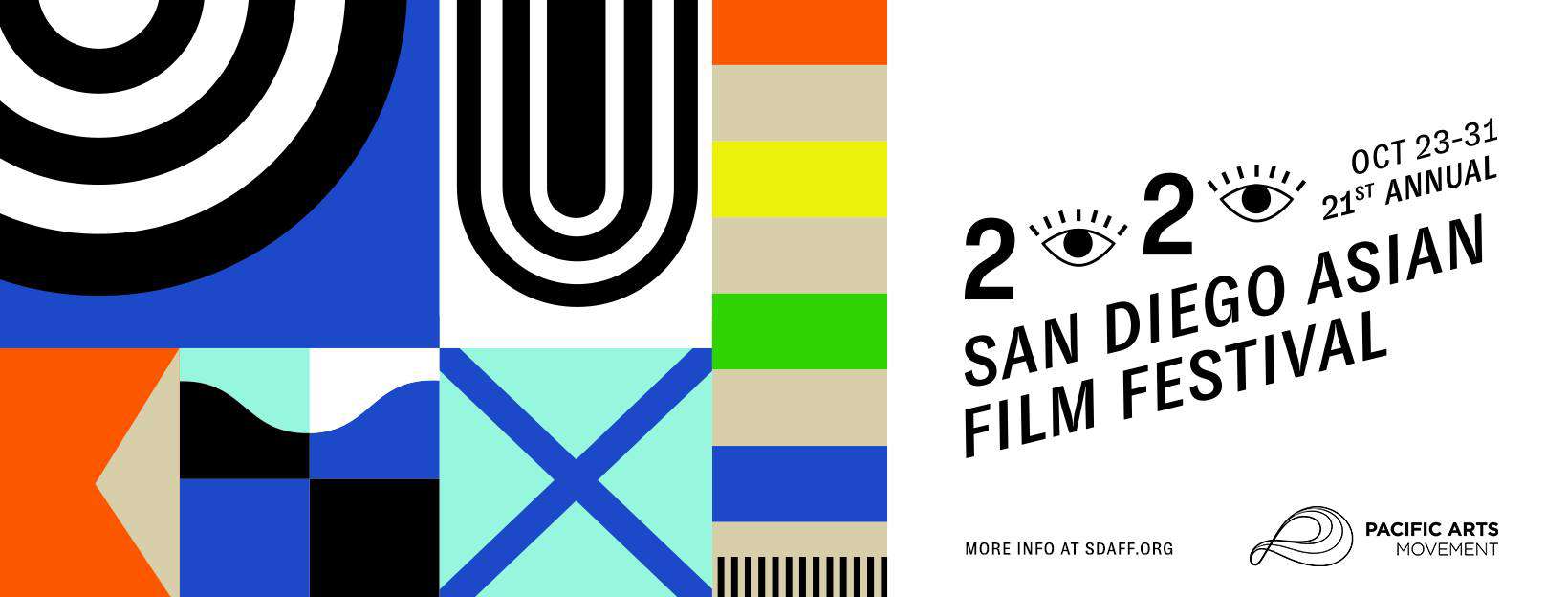
Over the course of five episodes, each of which directed by a different director, each filmmaker presents his/ her vision on the future of the Mekong River Delta with regard to the human, ecological and spiritual impact of the changes caused by hydropower projects, mining and overfishing. In the first episode set in 2030 and titled “Soul River” a fisherman finds an ancient statue in the mud close to the river, but before he can make plans to sell it, another man claiming to be the landowner arrives and wants the statue for him. After a short argument and upon realizing the statue is too heavy to carry along, they eventually team up to bring the finding to the closest village. The family in Anysay Keola's contribution “The Che Brother” is affected by a pandemic which has infected the world's population, causing thousands of people to die. When Xe, a young man dreaming to be like Che Guevara, arrives home, his sisters tells him their rich brother has abducted their mother, whose blood may be the key in fighting the disease.
A newly elected villager leader is the protagonist in “The Forgotten Voices”, who has negotiated a contract with a mining company, which may bring wealth to his village, but whose deeds will also destroy the environment and potentially the livelihood of many villagers. Thai director Anocha Suwichakornpong's “The Line” takes a somewhat different approach to the topic, showing an artist struggling with an art exhibit presenting the changes of the Mekong Delta caused by mankind's interference. In the last segment, “The Unseen River” a couple travels to a temple, searching for a cure to the man's bad dreams only to find out about the mysterious link between time, the land's spirit and the flow of the Mekong River.
As with other anthology projects, there is always the danger of the various episodes being so different in terms of style and approach which might cause a certain imbalance in the overall structure. However, when it comes to “Mekong 2030” diversity is actually one of the benefits, if not the most interesting factor, of the whole project, as it combines the visions of creative minds from different cultures and countries. While the focus of such Kulika Sotho's “Soul River” may be more on the ecological disaster caused by the exploitation of the Mekong River, Anocha Suwichakornpong's “The Line”, perhaps the most impactful of the five episodes, can be regarded as a transition, connecting the changing natural landscape to a change of the human spirit, resulting in the artist's dissatisfaction with her work as the language – from the voice-over as well as the visuals – fails to express the enormity of this change.
However, with the Mekong Delta being the center of their episodes, the five episodes highlight the significance of the river for the landscape as a whole, its beauty and its role as a spiritual center. Especially episodes such as “The Che Brother” or “The Forgotten Voices” emphasize the complexity of the problem in their character's struggles to find the right balance between their good intentions and the possible outcome of their decisions. The resulting spiritual dilemma establishes the thematic foundation dealt with in the remaining two episodes, expressed in the nature of bad dreams of the young man in “The Unseen River” as a possible metaphor for the exploitation of the river, the spirit of the land.
“Mekong 2030” is a thoughtful, multi-faceted anthology focusing on the ecological, spiritual and human repercussions of the exploitation of nature, in this case the Mekong River Delta. Through the variety of perspectives, aesthetics and narrative approaches the viewer may not only understand the impact on the country and its people, but also how ecology is linked to mankind's well-being.


